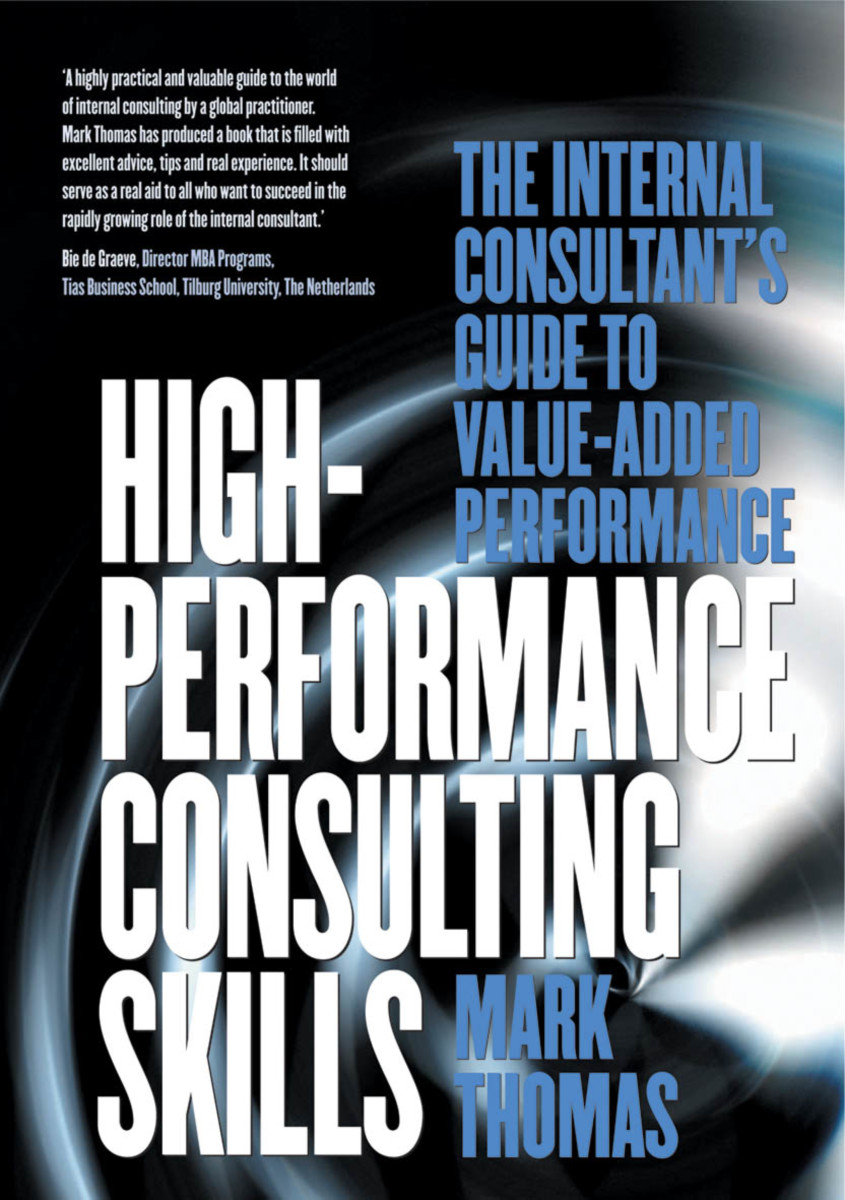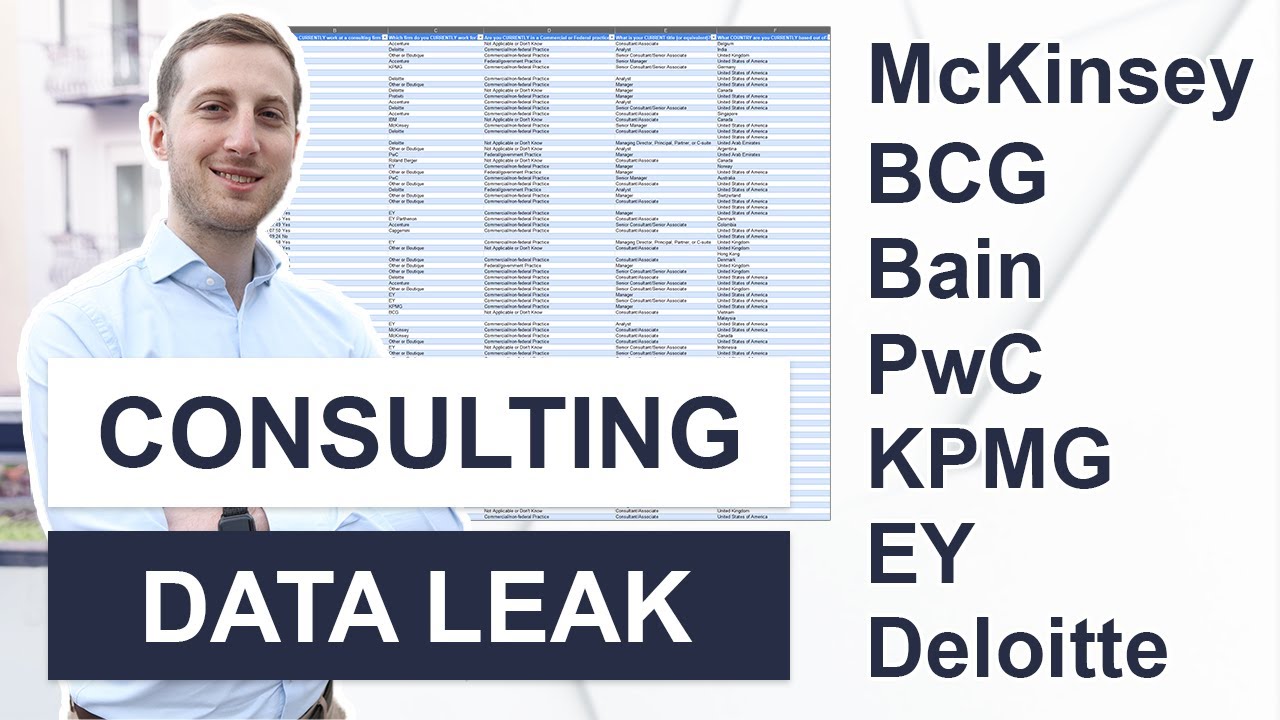
Financial advisers are professionals who provide financial advice and services to clients. This role requires training and registration through a regulatory body. It is important to take into account several factors before becoming an adviser. Learn more about conflict of interest, fees and working with financial advisors. This article will help guide you in making the right decision. And remember, the more you know, the better you'll be able to make financial decisions. Here are some important factors that you need to be aware of.
Environment for work
Work environment for financial advisors is dependent on their work location. Many people work for banks or investment firms. However, 40% are self employed. They may also be the owner of a small group or work for large corporations. The role of financial planners has been changed by technology, as has their work environment. Financial planners often have flexible hours and a low work/bill ratio.
Traditional financial advising methods still exist. It is important to meet clients face-to–face and monitor their assets. A financial adviser may also opt to work for a private bank or offshore financial advisory group. While there aren't any requirements regarding education, it's a good idea to have some work experience in advisory, customer service, and sales. Those with experience in the retail banking sector are often better placed than those with academic qualifications. A postgraduate degree in the relevant discipline is a good idea if you work in regulated firms.

Fees
Fees for financial advisors are dependent on the level of service you receive and their experience. A thorough financial plan can cost anywhere from $2,000 to $10,000 a year. Investment management and planning services can cost up to $30,000. These fees are not based on the value of your investments or whether you purchase a particular product from your financial adviser. Ask your potential financial advisor about the fee structure if you are unsure if you will need financial advice.
Financial advisors need to be able to tell you how their fees will benefit your situation. Ask what you would gain if your fees were higher. If you prefer a fiduciary to represent your best interests, they should be legally bound to do so. A financial advisor is able to provide many benefits including tax planning as well as estate planning. A financial advisor can help you assess the impact of charitable donations. Their input extends far beyond money management.
Conflicts between interests
Conflicts of interest in the financial industry can arise from outside activities of the financial adviser. These activities could include relationships to centers of influence and business partners. For item 10 on the Securities and Exchange Commission reporting forms, Form ADV requires firms to disclose financial industry affiliations. Financial advisers must also disclose any insurance products for which they receive a commission. It is crucial to disclose any such relationships. Conflicts of interest can be created if you don't disclose enough.
There are many reasons for conflict of interest in financial services. These include compensation programs and personal financial dealings. The financial adviser might place their own interests ahead of the best interests of the client if the compensation is linked to the recommendation of an investment. The compensation for these actions is often incidental. However, it might be difficult to identify the motivations behind the recommendations. Investors should identify conflicts of interests as soon as possible.

Talking to a financial adviser
Fees for a financial advisor may be the single largest expense in your investment portfolio. These fees should not be overlooked when working with professionals. However, they have a major impact on your overall wealth. Here are some tips to negotiate the fees for a financial advisor. Ensure that you fully understand the fees. Ask your adviser to show you the contract. You should be able to understand the services included, early termination fees, and what happens if your adviser leaves.
- Don't make knee-jerk investment decisions. Although it may be tempting to take the first uninformed decision, these can end up costing you a lot. An adviser will give you the insight and support to stick to your plan. Working with a financial advisor is 150% better than working with someone else to develop a long-term investment plan. According to statistics, 4 out 5 Canadians don’t feel confident in their finances.
FAQ
What are the different types of jobs available for consultants?
Being a consultant will require you to have a solid understanding of business strategy as well as operations. You need to be able to comprehend how businesses function and how they fit in with society.
To be successful as a consultant, you must have strong communication skills and an ability to think critically.
Consultants need to be flexible as they might be assigned different tasks at different times. Consultants should be able to quickly change their direction if necessary.
They should be willing to travel extensively on behalf of their clients. This type of work can take you all around the globe.
They need to be able and able to manage pressure and stress. Consultants might sometimes have to meet tight deadlines.
Consultants may work long hours. This can mean you might not always receive overtime compensation.
Which industries employ consultants
There are many types. There are many types of consultants. Some specialize in one type of business, while others can handle multiple areas.
Some consultants are only available to private companies while others work with large corporations.
Some consultants also work internationally and can help companies around the globe.
What can I anticipate from my consultant
You should hear back from your chosen consultant within a few days. They will ask you for information about your business, including the mission, goals, products, and budget. After that, they will send you a proposal detailing the scope of work, expected time frame, fees and deliverables.
If all goes well, the parties will then negotiate a written agreement. The terms of the contract will depend on the type of relationship between the two parties (e.g., employer-employee, employer-independent contractor).
If all goes according to plan, the consultant will begin working immediately. He/she will have immediate access to your internal documents, resources, and you'll be able to access his/her skillset and knowledge.
But don't assume that anyone who is a consultant has all the answers. It takes time and practice to become an expert on any subject you consult. Don't expect your consultant know everything about your company.
How long does it take for a consultant to be established?
Your industry and background will determine the length of time it takes. Most people start with just a few months of work before finding employment.
Some consultants work for years to perfect their skills, before being hired.
Is it possible to be a consultant?
Consultants are people who help you reach your goals by giving advice about how to make it better, faster, or cheaper.
You may need a consultant to help you with problems, make decisions or negotiate with others.
Consultants can be hired to assist with specific tasks or projects.
Consultants are usually paid hourly, daily or per project.
What qualifications are required to become a consultant?
It doesn't suffice to hold an MBA. You also need to be able and willing to work as a business advisor. A minimum of two years' experience in consulting, training and/or advising a major company is necessary.
You should have had experience working with senior management to create strategy. You will need to feel comfortable communicating ideas to clients and getting their support.
A professional qualification exam like the Certified Management Consultant (CMC), Chartered Management Institute, is required.
Why hire consultants?
There are many factors that could lead to you hiring consultants.
-
Perhaps your company has a specific problem or project you need to address
-
You want to improve your own skills or learn something new
-
You want to work closely with experts in a certain field
-
There is no one else available to handle the task
-
You feel overwhelmed by all the information and don’t know where to begin.
-
You don't have the money to pay someone full time
A word of mouth referral is the best way you can find a competent consultant. Ask around to see if you know any good consultants. If you already know someone who works as a consultant, ask him/her for recommendations.
You can use online directories such as LinkedIn to find consultants in your local area.
Statistics
- 67% of consultants start their consulting businesses after quitting their jobs, while 33% start while they're still at their jobs. (consultingsuccess.com)
- My 10 years of experience and 6-step program have helped over 20 clients boost their sales by an average of 33% in 6 months. (consultingsuccess.com)
- According to IBISWorld, revenues in the consulting industry will exceed $261 billion in 2020. (nerdwallet.com)
- WHY choose me: Why your ideal client should choose you (ex: 10 years of experience and 6-week program has helped over 20 clients boost their sales by an average of 33% in 6 months). (consultingsuccess.com)
- According to statistics from the ONS, the UK has around 300,000 consultants, of which around 63,000 professionals work as management consultants. (consultancy.uk)
External Links
How To
How to start a consulting company and what should I do first?
You can make a lot of money by setting up a consulting business. You don't need any previous business experience or investment capital. Building a website is a great place to start a consulting business. You can use social media platforms like Facebook, Twitter, LinkedIn and Instagram to promote your services.
You can create a marketing strategy that includes these things with these tools
-
Create content (blogs).
-
Establishing relationships (contacts).
-
Generating leads (lead generation forms)
-
Selling products (eCommerce websites)
Once you've created your marketing strategy, the next step is to find clients who are willing to pay you for your services. Some prefer to connect with people through networking events. Others prefer to use online resources like Craigslist and Kijiji. The choice is up to you.
Once you have found clients, you should discuss terms and payment options. This could include hourly or flat fees as well as retainer agreements and flat fee contracts. So that you are able to communicate clearly during the entire process, it is important to understand what you expect from a client before you accept them.
Hourly agreements are the most common contract type for consultancy services. This type of contract requires you to provide certain services at fixed rates each week or month. You might be able, depending on which service you offer, to negotiate a discount. It is important to understand the terms of any contract you sign before you sign it.
Next, create invoices for your clients and send them. Invoicing can be a complicated task until you actually attempt it. There are many ways that you can invoice your clients depending on what your preferences are. For example, some people prefer to have their invoices emailed directly to their clients, while others print hard copies and mail them. Whatever method you choose, make sure it works for you!
Once you have created invoices, it is time to collect the payments. PayPal is preferred by most people because it is simple to use and offers many payment options. However, other payment processors are available, including Stripe, Square Cash, Google Wallet, Apple Pay, Venmo, etc.
Once you're ready for collecting payments you'll need to set up bank account. You can track income and expenses separately by having separate savings and checking accounts. When paying bills, it is also beneficial to set up automatic transfer into your bank account.
Although it can seem daunting when you first start a business as a consultant, once you get the hang of it, it will become second nature. For more information on starting a consultancy business, check out our blog post here.
The best way to make extra cash is to start a consulting business. Many consultants work remotely. They don't have any need to deal with office politics, long hours or office politics. Since you are not tied down by regular working hours, you have more flexibility than a traditional employee.